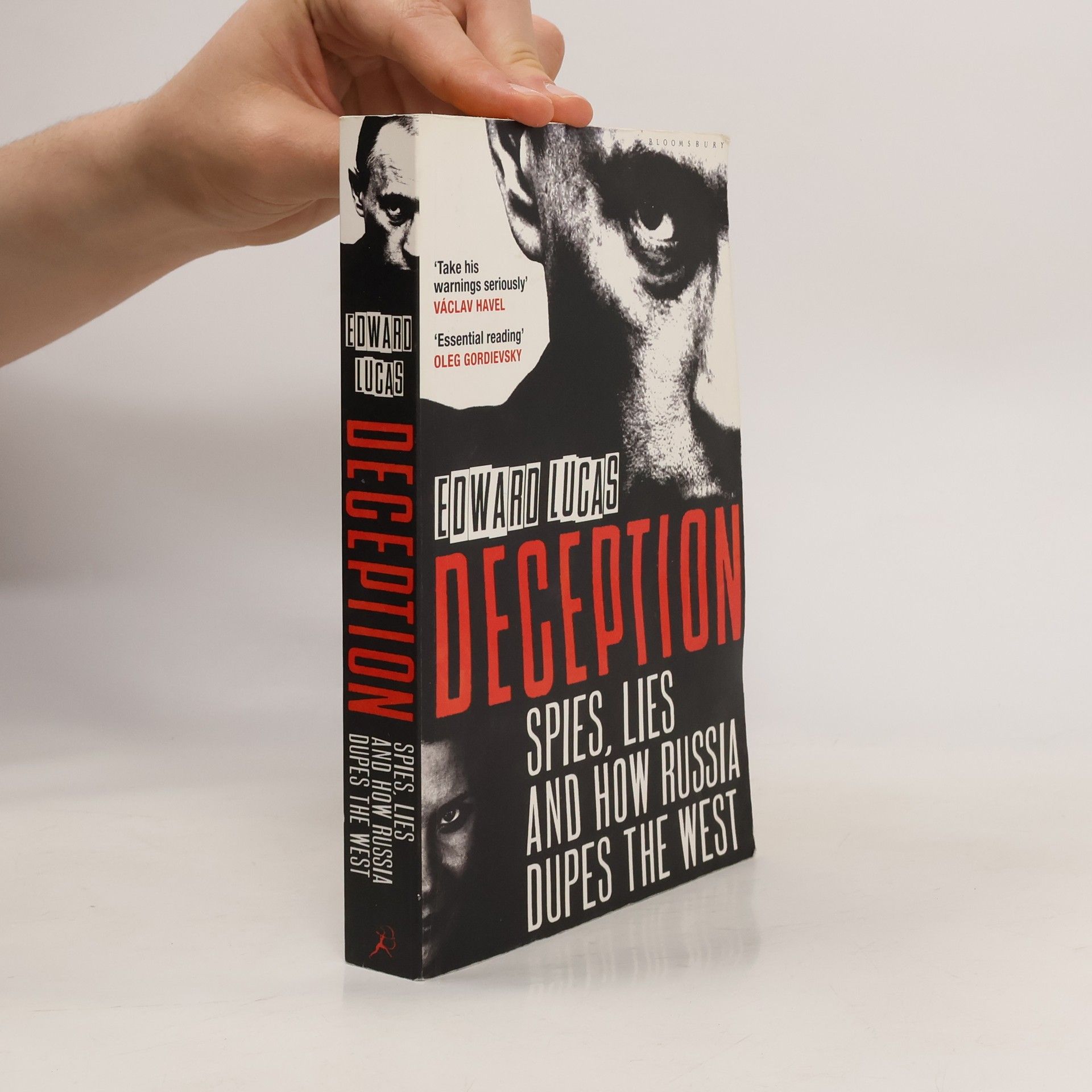In diesem fesselnden Werk wird die zunehmend autoritäre und aggressive Haltung des Kremls und deren Auswirkungen auf das internationale Kräftegleichgewicht eindringlich beschrieben. Bislang unveröffentlichte Insider-Informationen werfen ein neues Licht auf die größte virtuelle Demokratie der Welt. Die Wende von 1989 und die Auflösung des Sowjet-Imperiums wurden von vielen als Happy End der politischen Geschichte wahrgenommen, doch die Realität zeigt oft eine andere Seite. Die Morde an Anna Politkowskaja und Alexander Litwinenko verdeutlichen, dass die russische Politik erneut eine Bedrohung darstellt – sowohl für die Menschen im eigenen Land als auch international. Zwei Jahrzehnte nach Gorbatschows Wende sind Rückfälle in sowjetische Denk- und Verhaltensmuster erkennbar. Der Westen, insbesondere durch die Augen von Gerhard Schröder, hat diese Entwicklungen oft ignoriert, getrieben von Wunschdenken und opportunistischer Realpolitik. Putins aggressive Rhetorik gegenüber ehemaligen Sowjetstaaten und den USA kann nicht darüber hinwegtäuschen, dass der neue Kalte Krieg mit anderen Mitteln – Geld, Rohstoffen und Propaganda – ausgefochten wird. Der Osteuropa-Experte Edward Lucas bietet einen kritischen Blick hinter die Kulissen der russischen Politik, geprägt von analytischem Scharfsinn und spannender Erzählweise.
Edward Lucas Bücher
Edward Lucas ist ein britischer Journalist mit einem ausgeprägten Fokus auf Russland und Osteuropa. Als erfahrener Korrespondent für The Economist taucht Lucas tief in die komplexen politischen und gesellschaftlichen Dynamiken der Region ein. Seine Schriften decken oft zugrundeliegende Motive und langfristige Auswirkungen von Ereignissen auf, wodurch er den Lesern eine scharfe Perspektive auf komplexe Realitäten bietet. Seine Arbeit zeichnet sich durch scharfe Beobachtungsgabe und die Fähigkeit aus, komplexe Themen klar darzustellen.





An alarming and persuasive exposé of how cyber-crime, cyber-terrorism cyber- espionage and cyber-warfare converge, by the author ofThe New Cold War
The first book to explain how the Kremlin's increasingly authoritarian and aggressive stance threatens Europe, America and the world.
The extraordinary triumphs, miscalculations, fatal errors and betrayals of spymasters - East and West
Early British Socialism and the Religion of the New Moral World
- 284 Seiten
- 10 Lesestunden
Focusing on the Owenite socialists of early-nineteenth-century Britain, this book reinterprets their relationship with religion, arguing against the notion that they were anti-religious or merely imitating Christianity. It presents their understanding of religion as a source of community solidarity and ethical behavior, shaped by their reflections on religious truth within their contemporary context. The text emphasizes that their religious aspirations were integral to their socialist ideals, rather than irrelevant or merely instrumental to their goals.